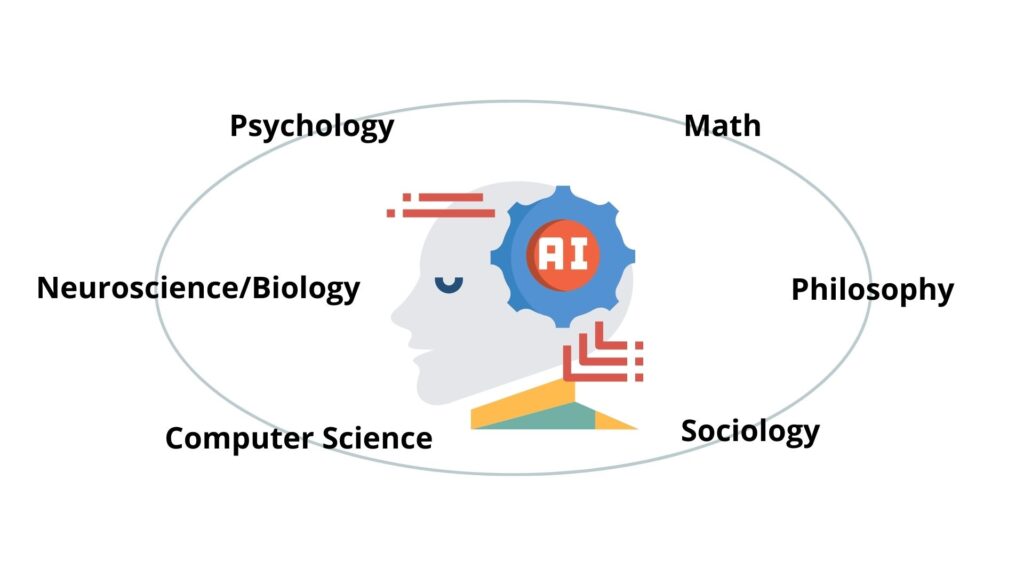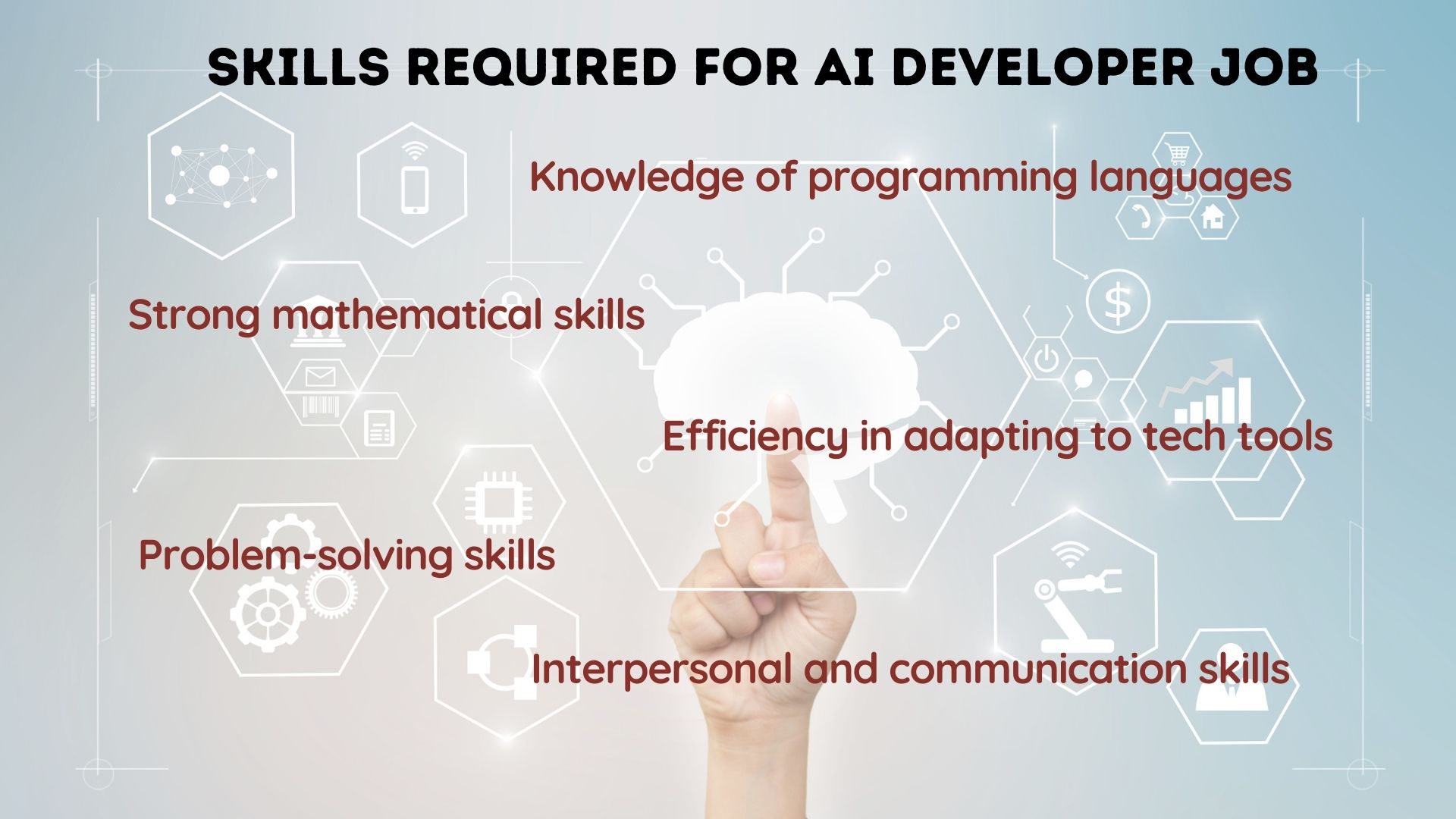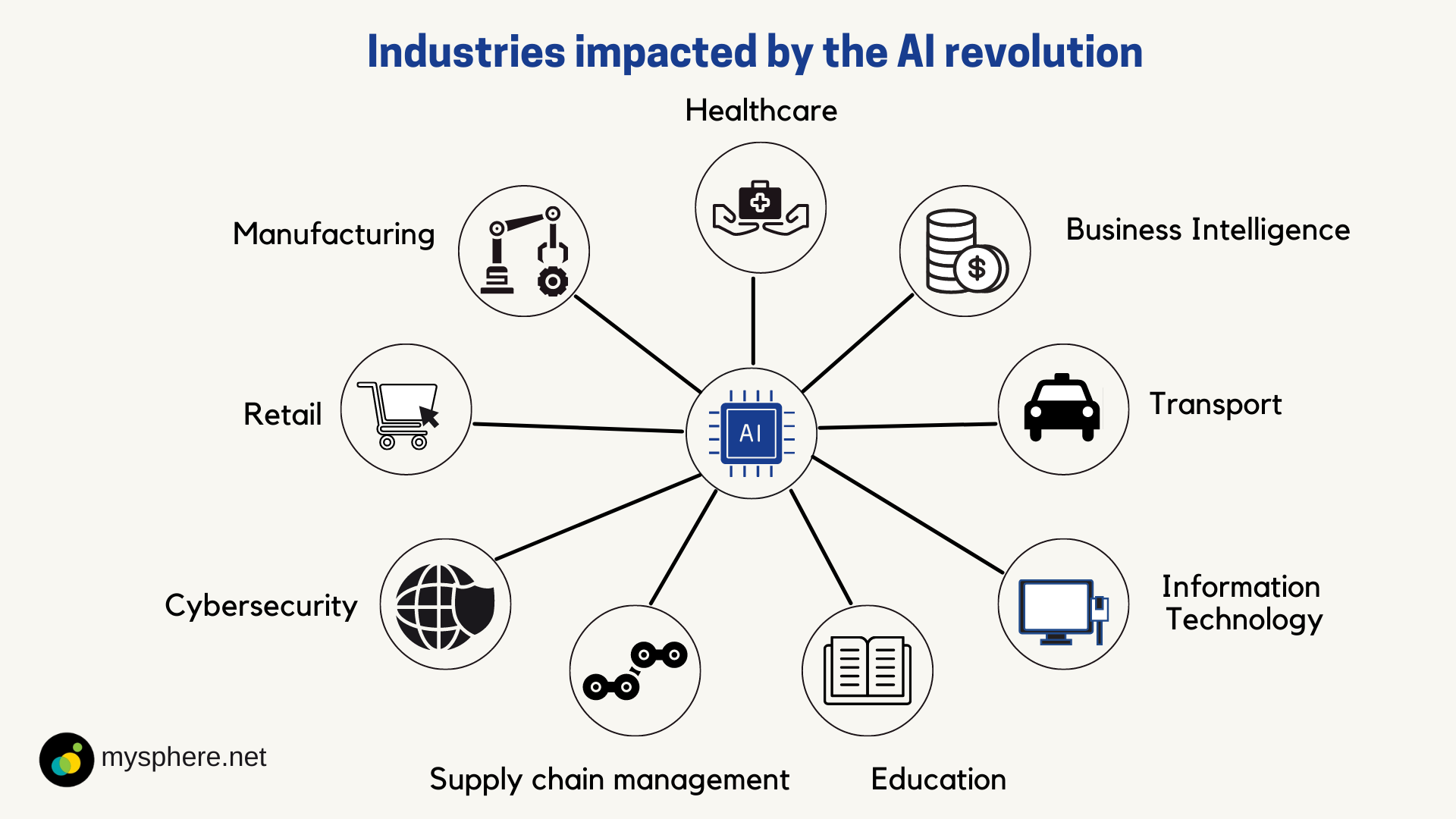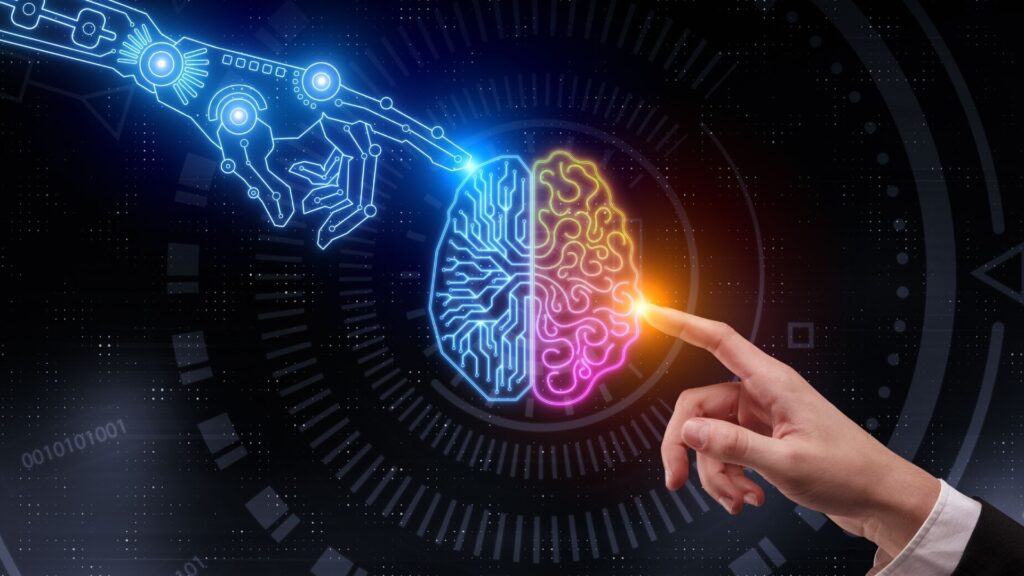From voice assistants to drones and automated customer responses to personalized shopping experiences, Artificial intelligence (AI) is all around us. Even in places, you may not realize. Be it entertainment preferences, home appliances or healthcare, the power of AI is far-reaching.
Many of AI’s most significant developments have occurred in the field of healthcare. The role of AI in vaccine development has been a notable success of the pandemic period. Developing new vaccines often takes many years, but scientists had candidate vaccines in human trials by March 2020, just within three months after the first confirmed cases of Covid-19 in China. This was accomplished by employing machine learning models to sift through massive amounts of data on immune system response and swiftly identify which compounds were likely to be the most effective.
The buzzword in the tech industry today – AI is gradually bringing about revolutionary changes with the implementation of faster processes to improve customer experiences across sectors.
What this has done is ..open up various AI job opportunities and increase the demand for skilled AI professionals.
What is AI?
Let us ask Siri!
Siri is the AI-based personal voice assistant available across Apple devices that can provide information, make reservations, set reminders, read your messages and do many more things.
Siri… What is Artificial Intelligence?
“AI is the replication of human intelligence in robots that are built to think like humans and mimic their actions. AI enables intelligent machines (robots, computers, or anything) to “think” and act in ways that only humans can do.”
What does this mean?
This means the machines can interpret their surroundings, learn from provided information, make decisions based on what they’ve learned, and then act appropriately – often without the need for human intervention. If you see the huge amount of data available out there, the ability to learn and act on data becomes critical for the AI revolution. And the reason this revolution is happening now is because of individuals leaving their digital footprints all the time.
Artificial Intelligence has the potential to provide some of the most significant and disruptive technologies of the 21st century. Talking about the AI revolution, robotic assistants, self-driving cars, virtual booking agents, automated disease diagnosis are all results of AI reshaping how we live and work. That being said, there is a huge demand for experienced engineers and endless opportunities for individuals who wish to work at the forefront of AI research and development. Whatever the new AI economy entails for the future workforce, college students and young professionals stand to benefit from working in this emerging industry. However, entering the field of artificial intelligence is more complicated than simply acquiring computer science or earning a college degree.
If this sounds exciting to you and if the thought of exploring how to pursue a career in AI has crossed your mind, read on to know more about the AI career journey.
This article talks about AI career opportunities, where to start to get into AI, various courses and skills required, and lastly, job prospects in this dynamic field.
Where do I start to get into the AI career?
The first step is to undertake research, which includes researching reputed universities and programmes that provide AI-related degrees. Artificial intelligence, machine learning and deep learning are still in their infancy, which means you may have to carve your own path and be innovative.
To begin, you must have a bachelor’s degree in math and fundamental computer technology. Some institutes and universities do provide bachelor level courses. Because AI is still a developing field, universities vary in terms of how specialised a degree you may obtain. Computer science education is a good place to start. You will be familiarised with the fundamentals of data science, machine learning, and Java. If you want to stand out from the crowd, you should consider an advanced degree in artificial intelligence and gain real-world experience from industry specialists. AI has a steep learning curve, but the benefits of an AI profession will surpass the investment for motivated students.
Is it required to have a master’s degree for a career in AI?
Most top-level AI positions, such as research scientists, AI engineers and big data engineers, will likely require a master’s degree. A master’s degree is an excellent way to increase the chances of potential AI career options.
Artificial Intelligence Courses
AI consists of multiple overlapping disciplines. Understanding statistical methodologies, for example, is just as necessary as computer science knowledge. In addition to the subjects listed here, taking multidisciplinary courses in fields such as cognitive science can offer a conceptual understanding of AI applications.

Skills an AI Professional Needs
It is necessary to have a good background in math, physics, and engineering, as well as knowledge of programming languages: Python, C, and MATLAB. If you want to work in the field of AI, you need to make sure you have the necessary skill set. First and foremost, calculus and linear algebra skills are essential. Along with technical skills, other important human skills include – Creativity, originality and initiative, critical thinking, teamwork, ethical skills, a trait of a lifelong learner and collaboration and communication skills.

These requirements may seem intimidating at first. More than anything, future employment will necessitate a commitment to remain interested and venture into the unknown.
AI’s impact on the world of work
While people have started to believe in the potential of AI, some express concern about the changes it will bring to the world of work.
During one of the lectures, AI expert Kai-Fu Lee championed AI technology and its forthcoming impact while also noting its side effects and limitations. Of the former, he warned:
“The bottom 90 percent, especially the bottom 50 percent of the world in terms of income or education, will be badly hurt with job displacement…The simple question to ask is, ‘How routine is a job?’ And that is how likely [it is] a job will be replaced by AI, because AI can, within the routine task, learn to optimize itself. And the more quantitative, the more objective the job is—separating things into bins, washing dishes, picking fruits and answering customer service calls—those are very much scripted tasks that are repetitive and routine in nature. In the matter of five, 10 or 15 years, they will be displaced by AI.”
If we understand this correctly, we can say that machines will do more tasks than humans in the future; however, the rapid evolution of machines will create numerous job opportunities.
What is the job outlook for a career in AI?
Limitless opportunities!
- As AI gets a lot of buzz around, experts believe that AI will create 58 million new jobs by 2022.
- AI is emerging as a field with applications and integrations with other industries such as healthcare, retail, finance, marketing, and advertising, providing opportunities for learning and advancing professions across fields and technologies.
- Since AI is becoming a widespread and growing form of technology, AI specialists are in greater demand than ever. This means you can take on different roles based on your expertise and interests.

Big tech giants such as Google, Amazon, and Apple are on the lookout for skilled AI engineers. Also, several opportunities exist in startup artificial intelligence companies specializing in niche industries.
“I have always been convinced that the only way to get artificial intelligence to work is to do the computation in a way similar to the human brain. That is the goal I have been pursuing. We are making progress, though we still have lots to learn about how the brain actually works.”
– Geoffrey Hinton, Famous AI Scientist.
Since its inception, Artificial Intelligence has played an important role in the technological landscape, improving business enterprises and quality of life. And it is difficult to foresee what the future holds. However, the way AI is expanding, the developments in the coming years will be magnificent, and those innovations will be successful only if there are skilled AI professionals.
If you want to work with cutting-edge technology, now is the time to start planning your path to a career in artificial intelligence. Here are some of the best-curated resources that can help you explore what an Artificial Intelligence career path has in store and if you wish to pursue then how you can get there.
| Beginner’s Guide | Read | Explore |
| Learn | Participate and Network
|
|
